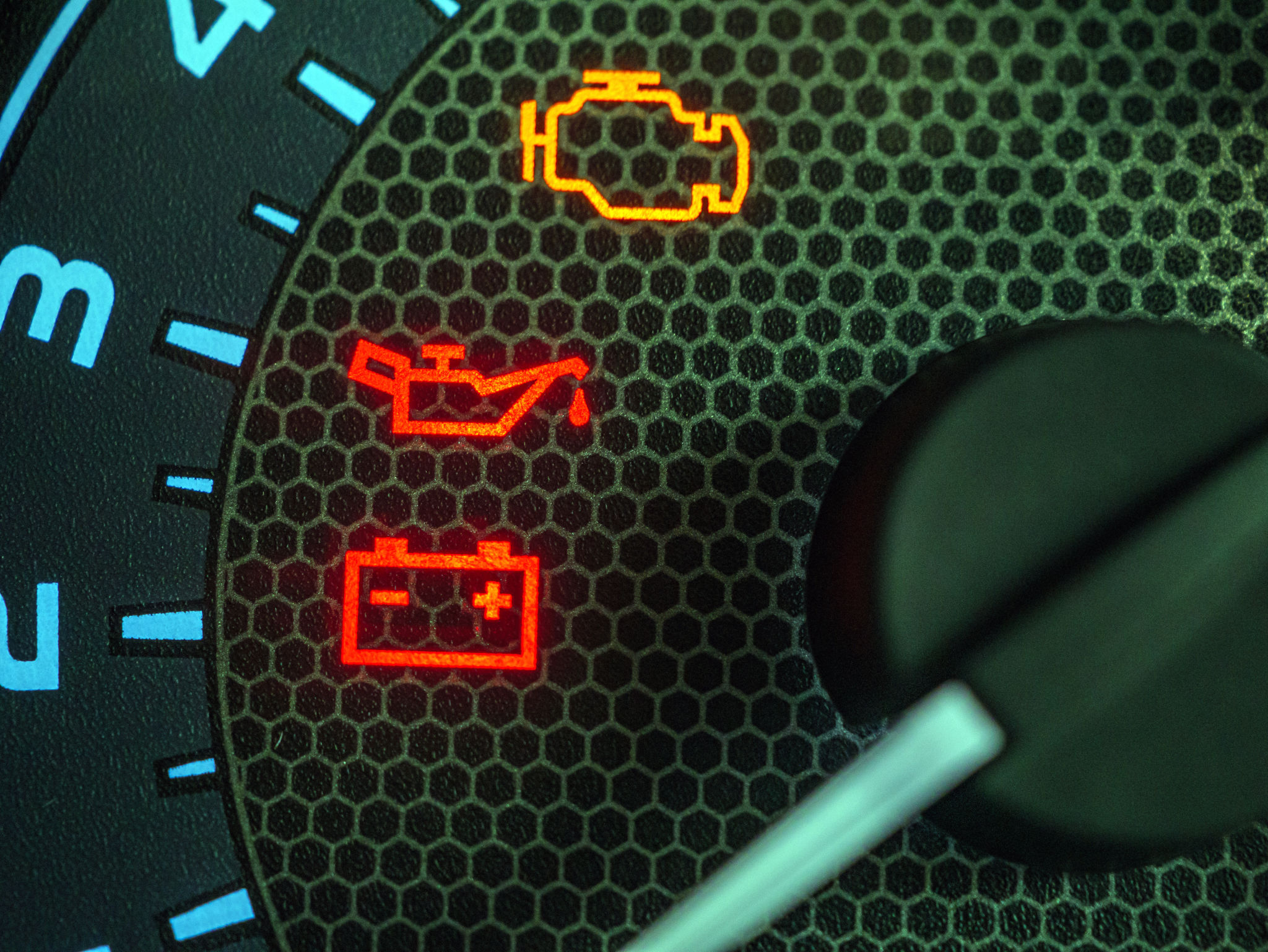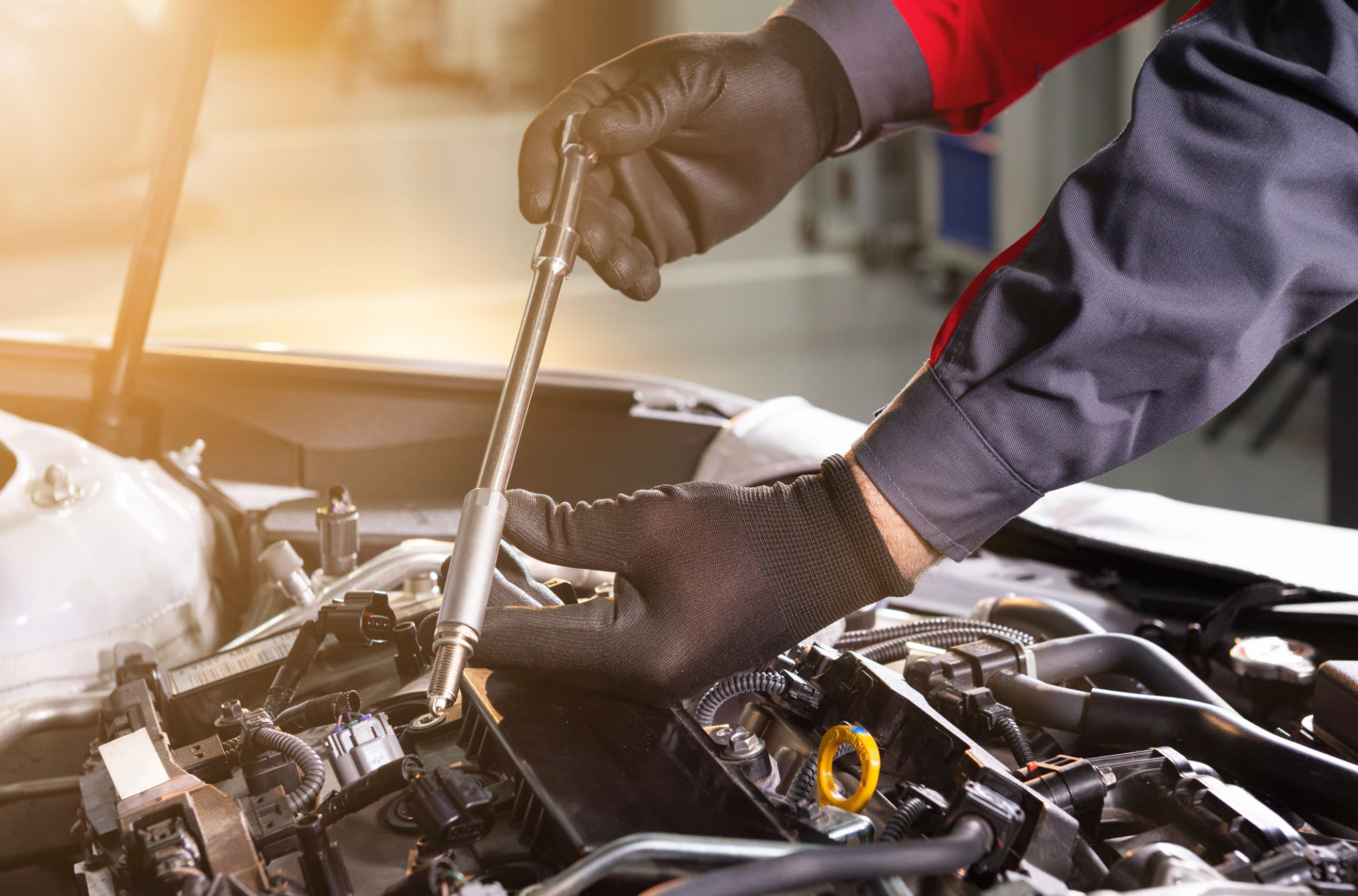Navigating Car Dashboard Lights: A South Gloucestershire Driver's FAQ
Understanding Your Car's Dashboard Lights
For many drivers in South Gloucestershire, the dashboard of a car can sometimes seem like a cryptic display of symbols and lights. Yet, understanding these lights is crucial for maintaining your vehicle's health and ensuring safety on the road. In this FAQ guide, we will demystify some of the common dashboard lights you might encounter and explain their meanings.

What Do Different Colors Indicate?
The color of a dashboard light can provide an immediate clue about its urgency. Typically, red lights indicate a serious issue that requires immediate attention, such as engine overheating or brake system failure. Yellow or amber lights usually suggest a warning that should be checked soon, like low fuel or maintenance reminders. Green or blue lights are generally informational and indicate that a system is active, such as headlights or cruise control.
Common Dashboard Lights Explained
Here are some of the most common dashboard lights you may encounter:
- Check Engine Light: This light could signal various issues from a loose fuel cap to more severe engine problems.
- Battery Alert: Indicates a problem with the car’s charging system, which could be due to a failing alternator or battery.
- Tire Pressure Warning: Suggests that one or more tires might be under-inflated, which can affect your car’s handling and fuel efficiency.

How to Respond to Dashboard Warnings
Understanding how to respond when a dashboard light illuminates is vital for every driver:
- Red Lights: Pull over safely and address the issue immediately. Consult your vehicle manual or contact roadside assistance.
- Yellow Lights: Schedule an inspection with your mechanic at the earliest convenience to prevent potential issues from escalating.
- Green/Blue Lights: No immediate action is needed; these are typically informational.
Preventive Measures for Dashboard Light Issues
Regular maintenance is key to preventing unexpected dashboard warnings. Follow these tips to keep your vehicle in good shape:
- Routine Checks: Regularly check fluid levels, tire pressure, and battery health.
- Scheduled Servicing: Adhere to your car’s maintenance schedule for oil changes and system inspections.
- Awareness: Familiarize yourself with your vehicle’s manual to understand specific dashboard indicators related to your car model.

When to Seek Professional Help
If you encounter a dashboard light that you’re unsure about, it’s best to consult a professional mechanic. Ignoring warning lights can lead to costly repairs down the line or compromise your safety on the road. Local garages in South Gloucestershire can provide diagnostic services to pinpoint and resolve issues efficiently.
The more familiar you become with your car’s dashboard lights, the better equipped you will be to handle any situation. Remember, these lights are designed to keep you informed and safe, so never ignore them. Stay proactive with regular vehicle check-ups and address any concerns promptly for a smoother driving experience in South Gloucestershire.
